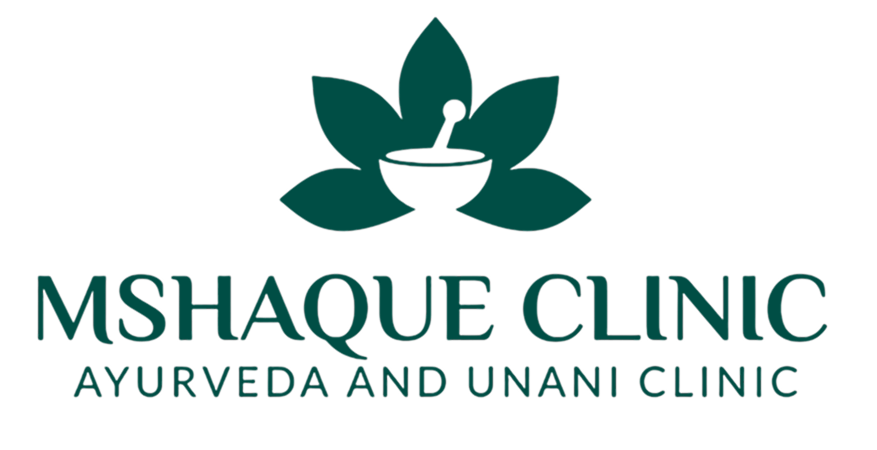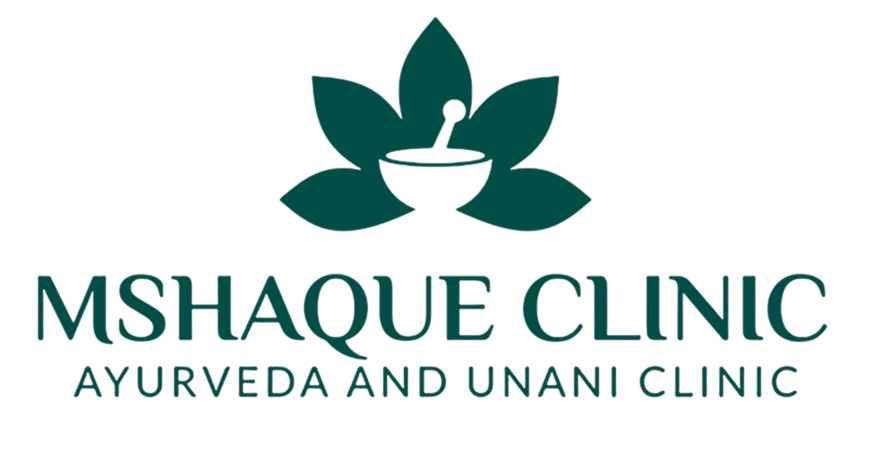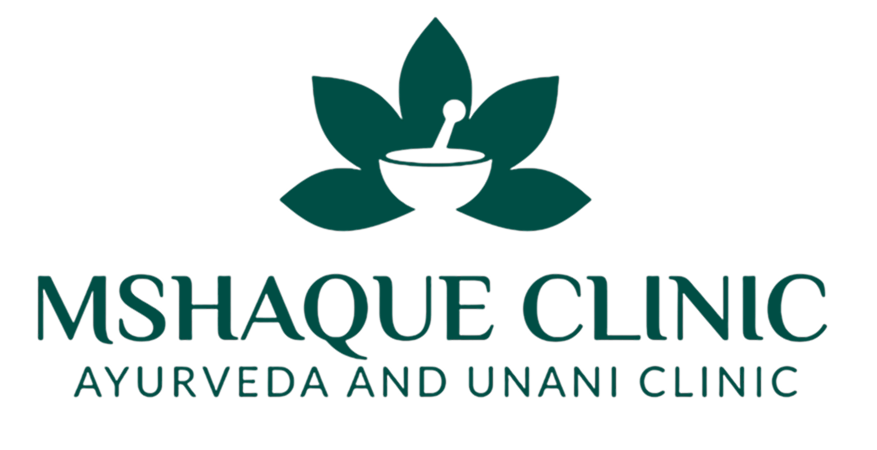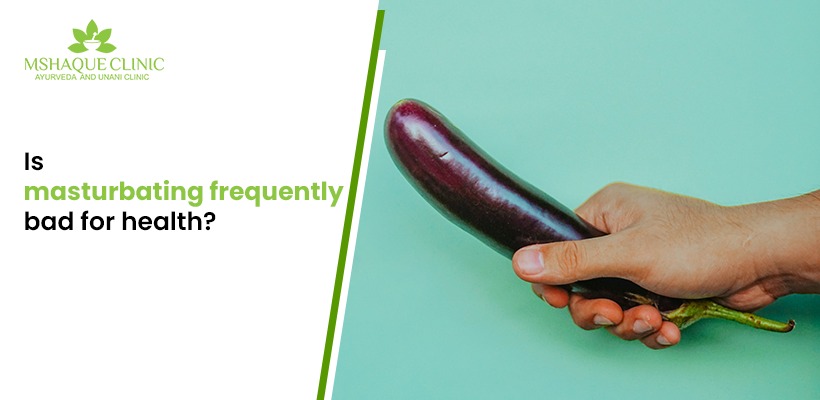There are several myths surrounding the act of masturbation. The reason masturbation is viewed with such a controversial lens has more to do with morality than medical facts. Some people think that frequent masturbation will cause your genitals to shrink or decrease your sex drive or cause premature ejaculation.
None of the myths related to it are true. It is neither bad nor unhealthy. In fact, it may prove to be good for your health, both psychologically and physically.
Benefits of Masturbation
Masturbation causes the body to release certain hormones that are responsible for making you happy. Apart from that, there are several benefits that arise from it. Even a well read Ayurvedic sexologist in Patna would not support myths regarding masturbation. Let us now look at the possible benefits one might get from masturbation:
- Reliefs built up stress
- Sleep better
- Feel pleasure
- Relieve cramps
- Experience better sex
- Boosts the mood
A study conducted in the year 2016 suggests that the risk of prostate cancer is lower in men who ejaculated 21 times or more in a month.
Some people claim that it causes a decrease in desire and sensitivity. But that is not always the case. It is found in women that masturbation increases their sexual desire and sensitivity. While in men it also does the same but may cause you to lose sensitivity because of the technique. Too tight a grip on the penis may decrease sensation. In such a scenario, it is recommended that one changes the technique.
Are There Any Side Effects of Frequent Masturbation?
Masturbation in itself does not come with side effects but can turn into an addiction unless kept in check. If you find yourself spending too much time masturbating, you may be addicted. It can affect your work life as well as relationships. It may interrupt your studies and work, lowering your net productivity.
It also leads to not spending enough time with your loved ones. You can try to take up a hobby or deviate your energy into something more productive to overcome the addiction. You can also try talking to the best ayurvedic sexologist doctors for male to cope with the crisis.
Thus masturbation is neither an immoral act nor unhealthy. You can masturbate and still be in the best of health. But one must keep a check lest it turns into an addiction. People about to get married may also join pre marriage counselling centres to get rid of the habit.




